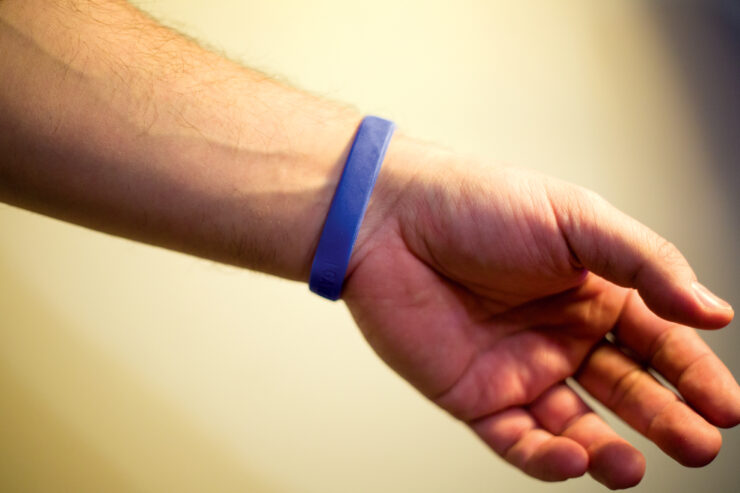Police wristbands undermine public trust in Canada’s law enforcement
On March 29, the CBC reported that members of the Ottawa Police Service began donning bracelets in solidarity with Const. Daniel Montsion, who was charged with manslaughter in connection with the death of Abdirahman Abdi last July.
While these officers are free to wear whatever they want off duty, this particular item raises some important points of concern which ultimately undermine the credibility of the Ottawa police.
First of all, the death of Abdi did not go under the radar—it prompted a major outcry from the public and debates around police brutality. Witnesses to the confrontation that ultimately led to Abdi’s death were shocked by the force used against Abdi, and a woman who recorded the entire encounter told the CBC that “it looked like the police could have taken a different approach in the situation.”
This fatal confrontation is especially toxic in its implications for the black community in Ottawa. As black folks have long faced disproportionate scrutiny and violence from police officers, many saw this incident as the latest in a long line of racially motivated actions.
After Abdi’s death, journalist Desmond Cole wrote in an article for the Ottawa Citizen that “the most dangerous thing we can do right now is entertain the possibility that Abdi’s treatment was justified.” Cole goes on to list a number of behaviours by Montsion that the public has a duty to question if we hope to hold our law enforcement to a high standard.
For example, when it was clear that Abdi had sustained severe injuries during his arrest, why did the police, according to witness Shukri Samater, tell bystanders not to call 911? Why did the police, according to another eyewitness, continue beating Abdi after he was handcuffed?
These might be hard questions, but they are questions that must be answered before taking a position of solidarity with the defendant.
And that brings me to the next glaring problem with these wristbands—they completely undermine the constitutional idea of “equal before and under the law” that is so central to our justice system. By blindly presuming the innocence of a fellow police officer in the name of “brotherhood,” without first letting Canadian law dictate their guilt or innocence, the police have likely lost a great deal of trust from the Ottawa public.
Realistically, how can we feel confident in the Ottawa Police Service’s ability to handle cases in the name of the law, rather than on the basis of their personal biases, when some of its members are so quick to defend someone with no legal basis for doing so?
When it comes to matters of law enforcement, impartiality and fairness are both key. Based on witness testimony, there are many reasons to believe that, when detaining Abdi, the police did not act with these principles in mind.
So, Ottawa police, please scrap the wristbands and start salvaging your relationship with the black community and the city of Ottawa at large. You cannot afford to give the public any more reason to believe that the guiding tenets of our legal system aren’t respected by Ottawa law enforcement.




